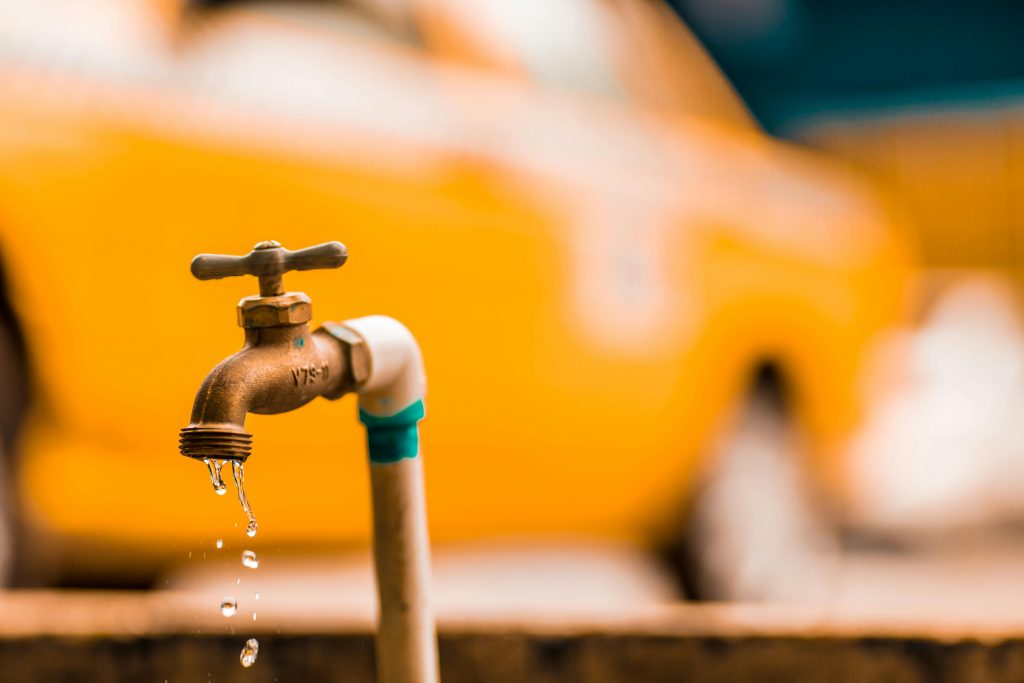Scientists Found 800 Years of Water Hidden Under Atlantic
You know how we’re always worried about running out of water?
Well, scientists just discovered enough freshwater beneath the Atlantic Ocean to run New York City for eight centuries. I’m not kidding.
This massive aquifer sits under the ocean floor, stretching from New Jersey all the way to Maine.
The research team, led by Brandon Dugan from Colorado School of Mines, collected approximately 50,000 liters of water samples through drilling operations near Cape Cod. What they found was Ice Age water, trapped 15,000 to 20,000 years ago, sitting 1,200 meters below the seabed.
This 800 years of water supply for America’s largest city represents one of the most significant freshwater discoveries in modern history.
Why This Matters Now
Here’s the thing. The UN warns we’re facing an unprecedented water crisis, with global freshwater demand predicted to exceed supply by 40% by 2030.
Half the world’s population could be living in water-scarce areas by 2025.
And here’s something that blew my mind. Our digital lives are guzzling water faster than we realize.
Every time you ask ChatGPT a question, it drinks about 500 milliliters of water for cooling. That’s like a water bottle for every few prompts. Even a simple Google search needs half a milliliter.
By 2027, all our AI tools combined will need 1.1 to 1.7 trillion gallons of water annually. To put that in perspective, that’s more water than entire countries like Denmark use in a year.
I get it. We need these technologies. But the water cost? It’s real, and it’s huge.
The Reality Check
Before we get too excited about this discovery, there are serious challenges to consider.
First, we don’t actually know how to extract this water yet. The technology doesn’t exist.
Second, scientists worry that pumping water from these undersea reserves might mess with onshore water supplies. It could also disrupt the seafloor nutrients that keep marine life healthy.
And then there’s the legal nightmare. Who owns water sitting under international waters? Nobody’s figured that out yet.
The whole concept is so new that most politicians haven’t even heard of it.
The Bigger Picture
This discovery goes beyond just one aquifer. Similar freshwater reserves exist globally, with evidence suggesting every continent may have comparable systems.
Places like Prince Edward Island in Canada, Hawaii, and even Jakarta might be sitting on similar hidden water reserves.
The team behind this discovery spent $25 million on what they’re calling the first serious attempt to drill for freshwater under the ocean floor. The U.S. National Science Foundation and European Consortium for Ocean Research Drilling funded the whole thing.
Think about it. We know more about the surface of Mars than what’s under our own ocean floors.
Only 3% of the world’s water is fresh water, and two-thirds of that is frozen or unavailable. These hidden undersea reserves could change how we think about water security.
But here’s what I keep thinking about. We have a terrible track record with natural resources. We find them, we extract them, we mess up the environment.
With climate change squeezing our regular water sources and data centers sucking up more water every year, these underwater reserves might become our lifeline.
The question is whether we’ll be smart enough to use them right.
Finding the water was the easy part. Not screwing it up? That’s going to be the real test.

